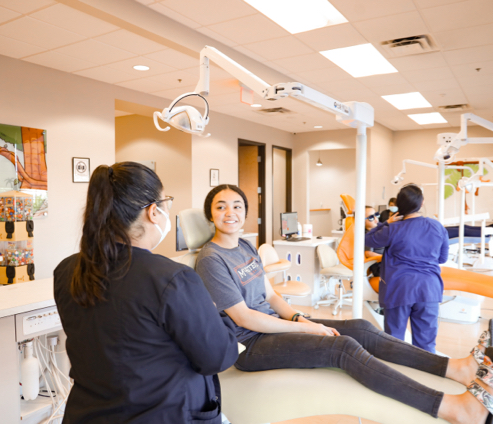Consider Education and Experience
Once you have a list of a few pediatric dentists, do a little research. Find out about their educational background, where they went to school, and what kinds of continuing education or specialty training they’ve had. Before you set up an appointment, make sure the candidate is a licensed member of the American Academy of Pediatric Dentistry. This ensures that he or she remains up to date on the newest and most effective clinical procedures.







